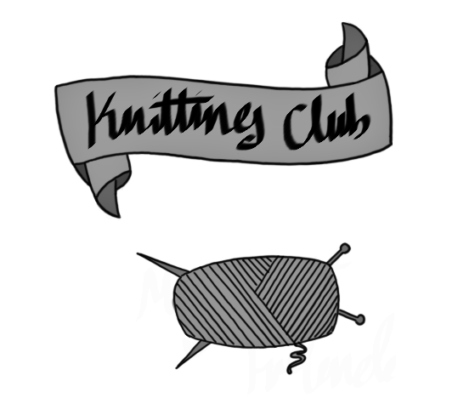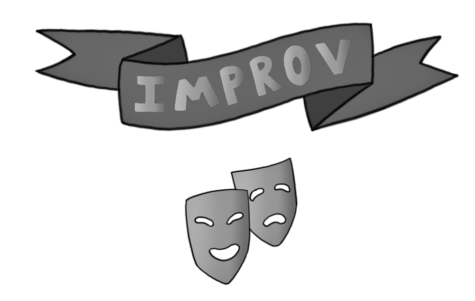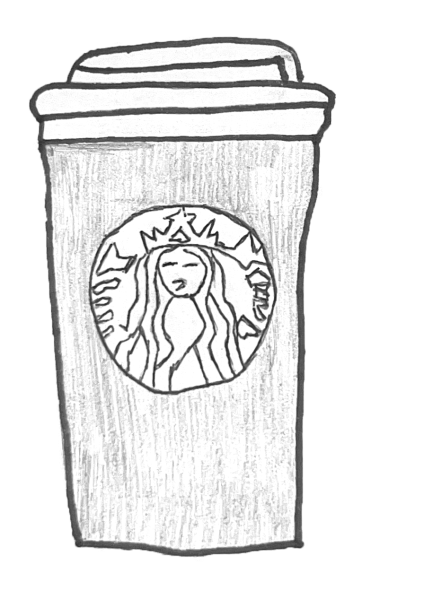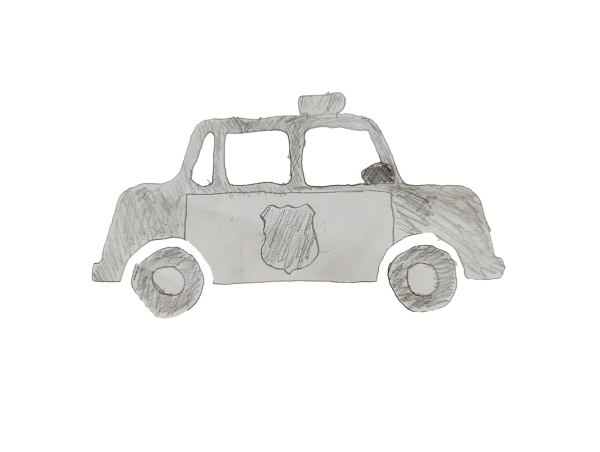Club Rebirth
A journey through 5 different clubs coming back from a year of exclusively being virtual.
Debate has always been more of a team than a club, but the effects of a year online hit it with issues that clubs have been facing as well. “Debate’s always flown a little bit under the radar,” team captain Tom Sander said. The varsity team hit one of its lowest numbers of just three members going into this year, but despite the number, Sander said that the team is still preparing to “start heading to tournaments soon.” The high number of new recruits has been promising too, with Sander saying that he hopes that this year the debate team can truly be a “community of students who are informed on current events and armed with critical thinking skills.”
In transitioning back to an offline space, some clubs that bore the brunt of online school still feel the impact. “Virtual was good and bad.” Knitting club president Aine Wilder said. “Not being able to see what the person I was teaching was doing and being unable to guide them in a hands-on way was frustrating. Getting supplies to those who needed them was also difficult,” Wilder said. Regardless, knitting club is starting back up every Thursday in room 302, with Wilder stating how knitting club’s community and craftsmanship is “grounding and supporting, and very beneficial to mental health. Not only is that important for all people, especially high schoolers, but the addition of the negative effects of the quarantine makes it more important than ever.”

However, not all club’s were able to make it back from a year online. Kevin Ji is a former club member of Civil Discourse, a club that aimed “to provide a space for open discourse about modern events… in a civil matter.” Ji said that “the club really flourishes in an in person setting,” denoting a large reason to its disappearance being the year online. “I miss the club because it let me connect to people who had strange or interesting views on modern issues.” Ji said. The main downfall of the club Ji said was just how “much more composed and focused in a real life setting” people are.
With the disappearance of old clubs, new ones find their footing as well. Ahana Roy is planning to bring a new chapter of an organization to Garfield called “Project Prevent.” Roy said that the original organization “was created as a result of the pandemic” to try and supply people who are in need of material support because of it. Roy is trying to bring this organization specifically to Garfield because she believes in the ability of students to make a difference. “The Garfield community is service-oriented and will be interested in giving back to both our school and broader community.”
Garfield’s improv club has shown their resilience through the pandemic, as they have for over a decade. Improv officer Sidonie Whittman said that “Improv is as strong as ever,” after the year online. Now, “because we’re in person, we can play more games that we couldn’t last year.” Whittman said. They said that the key to Improv’s survival is the great time and community you can get from the simple package of Improv, saying that it provides “a place where people can have fun and laugh without fear of being judged, a place where people can improve their interpersonal skills and make new friends, and all we do is play fun games.”






